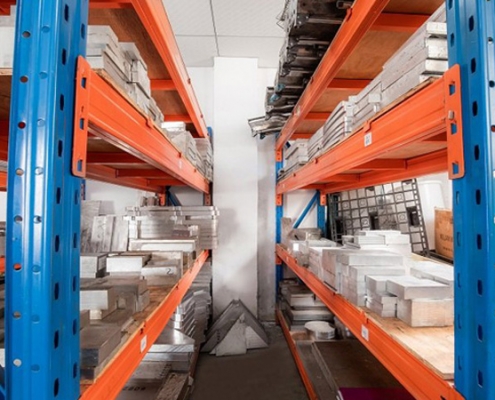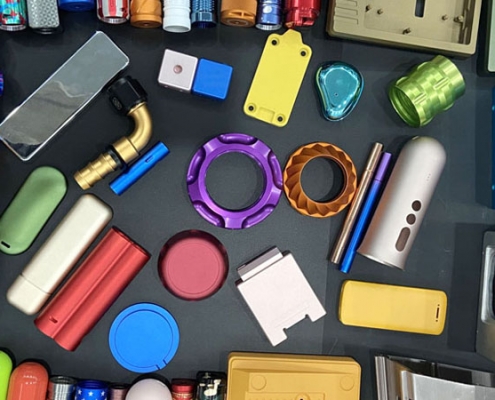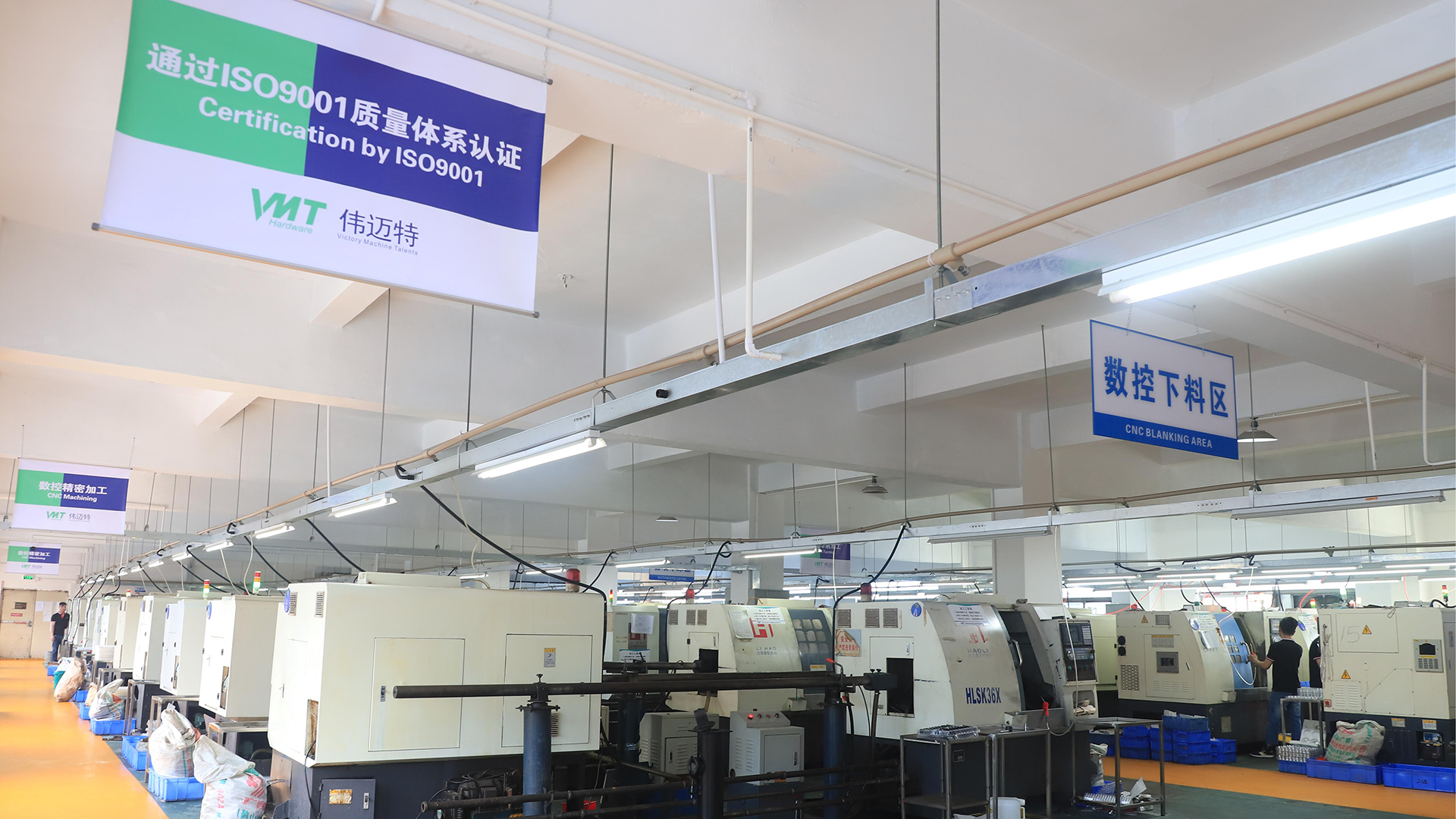How Much Does Custom CNC Machining Cost?
Using CNC machining to create custom parts can be intricate and potentially expensive, especially if you’re not familiar with the factors that influence pricing. This guide will outline the primary cost drivers associated with CNC machined parts, enabling you to make informed decisions when sourcing these components.
CNC machining costs vary based on multiple factors, including material, part complexity, quantity, finishing, and delivery speed. Understanding these factors will give you an accurate picture of pricing.
Read on to discover the main elements affecting CNC machining costs and how you can manage your budget.
Is CNC Machining Expensive?
CNC machining may seem costly initially, but the price depends heavily on project requirements. Factors like the type of material, part complexity, quantity, and required finishing treatments all impact the total cost. While some projects with high precision and specific materials can be expensive, simpler projects can be more affordable.
Different industries perceive CNC machining costs differently, with high-precision applications often justifying higher expenses. Evaluating your project needs will help determine if CNC machining is the right choice for your budget.
How Much Does CNC Machining Cost?
CNC machining costs are influenced by a variety of key factors, each of which can significantly impact the overall pricing. By understanding these elements, you can better plan budgets and manage expenses when sourcing custom machined parts. Below are the primary considerations that determine CNC machining costs:
1. Material Selection and Its Impact on Cost
The choice of material is one of the most significant factors affecting CNC machining prices. Common materials like aluminum and plastics are generally less expensive and easier to work with, making them ideal for cost-sensitive projects. In contrast, high-performance materials such as titanium or advanced composites are more challenging to machine, requiring specialized tools and longer machining times, which increases costs.
Different materials also impact tool wear, waste, and machining time. For example, aluminum is fast and cost-effective to machine, while stainless steel and titanium demand greater precision and durability from tools. Whether you’re using a CNC vertical machining center or 5-axis machining, selecting the right material that balances cost, functionality, and performance is crucial.
2. Part Complexity and Design
The complexity of a part has a direct influence on CNC machining prices. Simple parts with minimal features and standard tolerances are faster and cheaper to machine. Conversely, intricate designs with detailed geometries, tight tolerances, or deep cavities often require advanced machining techniques, specialized tooling, and longer production times, all of which add to the expense.
For complex parts, 5-axis machining offers precision and versatility but typically costs more due to the technology involved. To optimize costs, consider working with a milling service or online CNC machining platform that provides design feedback. Simplifying your design where possible can help minimize costs without compromising functionality.
3. Quantity and Economies of Scale
Production volume significantly impacts the per-unit cost of CNC machining. Larger orders benefit from economies of scale, as setup and tooling costs are spread across more units, reducing the price per part. Small-batch production, however, incurs higher per-unit costs since setup and machine preparation account for a larger portion of the total expense.
If you have ongoing production needs, working with a reliable milling service can help you achieve better cost efficiency. Ordering in bulk not only lowers individual part costs but also ensures smoother production workflows, saving time and money in the long run.
4. Surface Finishing Requirements
Surface finishing enhances the appearance and durability of CNC machined parts, but it also adds to the overall price. Finishes like anodizing, plating, and polishing require additional time, equipment, and sometimes manual effort, increasing costs accordingly.
High-quality finishes are often essential for specific applications, such as consumer products or aerospace components. However, it’s important to evaluate whether each finish is necessary for your project. By focusing on essential finishes and exploring cost-effective options, you can improve part quality without inflating your budget.
5. Delivery Speed and Urgency Fees
The urgency of your order can also impact CNC machining prices. Standard lead times are generally more affordable, while rush orders or expedited production often incur additional fees due to overtime work or disrupted schedules.
Using online CNC machining services can help you compare delivery options and find cost-effective solutions that meet your timeline. Planning ahead whenever possible is the best way to avoid rush fees and ensure you stay within your budget. Proper scheduling allows you to balance cost savings with timely delivery.
How Much Does CNC Machining Cost in China?
China has a highly competitive CNC machining industry, offering significant cost advantages for companies worldwide. China’s lower labor costs and abundant material availability allow for cheaper production of custom machined parts compared to other regions. The cost savings attract businesses looking for high-quality parts at a reasonable price.
By sourcing CNC machining from China, you can achieve lower costs while still ensuring reliable quality and precision. However, it’s important to verify suppliers’ certifications and quality control processes to ensure consistency.
How to Reduce CNC Machining Cost?
Reducing CNC machining costs can be vital for ensuring your projects remain budget-friendly while still achieving high-quality results. Here are some practical strategies to consider:
Reducing CNC machining costs can be achieved by focusing on several key areas. Here are some practical tips:
| Strategy | Description |
|---|---|
| 1. Optimize Part Design | Simplify part geometry by minimizing complex features, deep cavities, and tight tolerances. Consolidate features to reduce setups and machining adjustments. |
| 2. Choose Cost-Effective Materials | Use materials like aluminum or plastics that are easier to machine and reduce tool wear. Avoid expensive alloys unless required for performance. |
| 3. Increase Order Quantity | Larger batch sizes lower the per-unit cost due to economies of scale. Consider bulk orders or long-term contracts for better pricing. |
| 4. Limit Surface Finishing | Apply finishes (e.g., anodizing, polishing) only when necessary. Avoid multiple or complex finishing requirements to save time and cost. |
| 5. Extend Lead Times | Avoid rush jobs. Plan ahead to utilize standard delivery times, which are more affordable. Flexible timelines often qualify for discounts. |
| 6. Work with a Reliable Supplier | Collaborate with experienced suppliers who offer cost-saving insights on design, materials, and production. |
| 7. Reduce Tooling Costs | Opt for standard tools instead of custom ones. Minimize the number of tool changes to save on both tooling costs and machining time. |
In Conclusion
CNC machining costs are affected by factors such as material selection, design complexity, order quantity, surface finish, and delivery speed. With the strategic planning above, you can achieve the best balance between quality and cost.
Best CNC Machining Shops
VMT provides professional CNC machining services for a variety of applications. We have extensive experience in CNC milling, turning, drilling and precision machining.
VMT can provide customized manufacturing solutions based on your needs, including prototyping and mass production of parts. Once we receive your request, we will provide a quote within 2 hours. We provide uninterrupted machining services and improve efficiency and reduce costs by optimizing processes and operating multiple machines by one person. At the same time, we also use a combination of multiple processes to help customers further save costs.
Frequently Asked Questions About CNC Machining Cost
How much does CNC Machining Cost Per Hour?
CNC machining costs typically range from $50 to $150 per hour, depending on several factors such as the type of material being machined, machine complexity, the skill level of the operator, and the location of the shop. For example, high-precision machining or work with exotic materials may cost more due to the need for specialized equipment and expertise. The overall cost can also vary depending on the machine’s setup time, the type of CNC machine used (milling, lathe, or laser), and the specific requirements of the project.
How much does it Cost to CNC Aluminum?
CNC machining aluminum typically costs between $75 and $150 per hour, depending on the complexity of the part, the machine used, and the amount of material to be removed. Aluminum is a relatively easy material to machine, making it cost-effective compared to harder metals like steel or titanium. However, costs can increase with factors such as tight tolerances, surface finishes, and the need for specialized tooling or post-processing. Bulk orders can also reduce the cost per part due to economies of scale.






